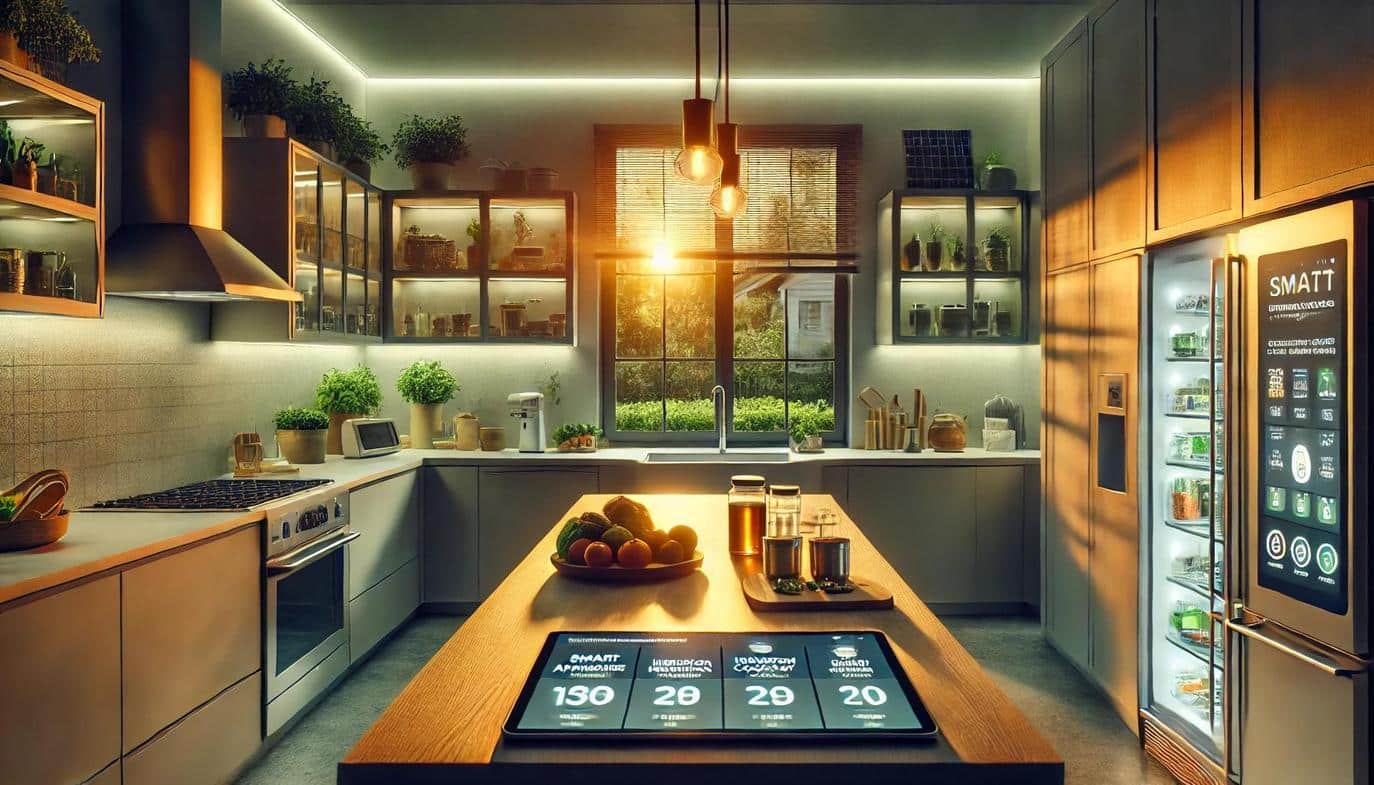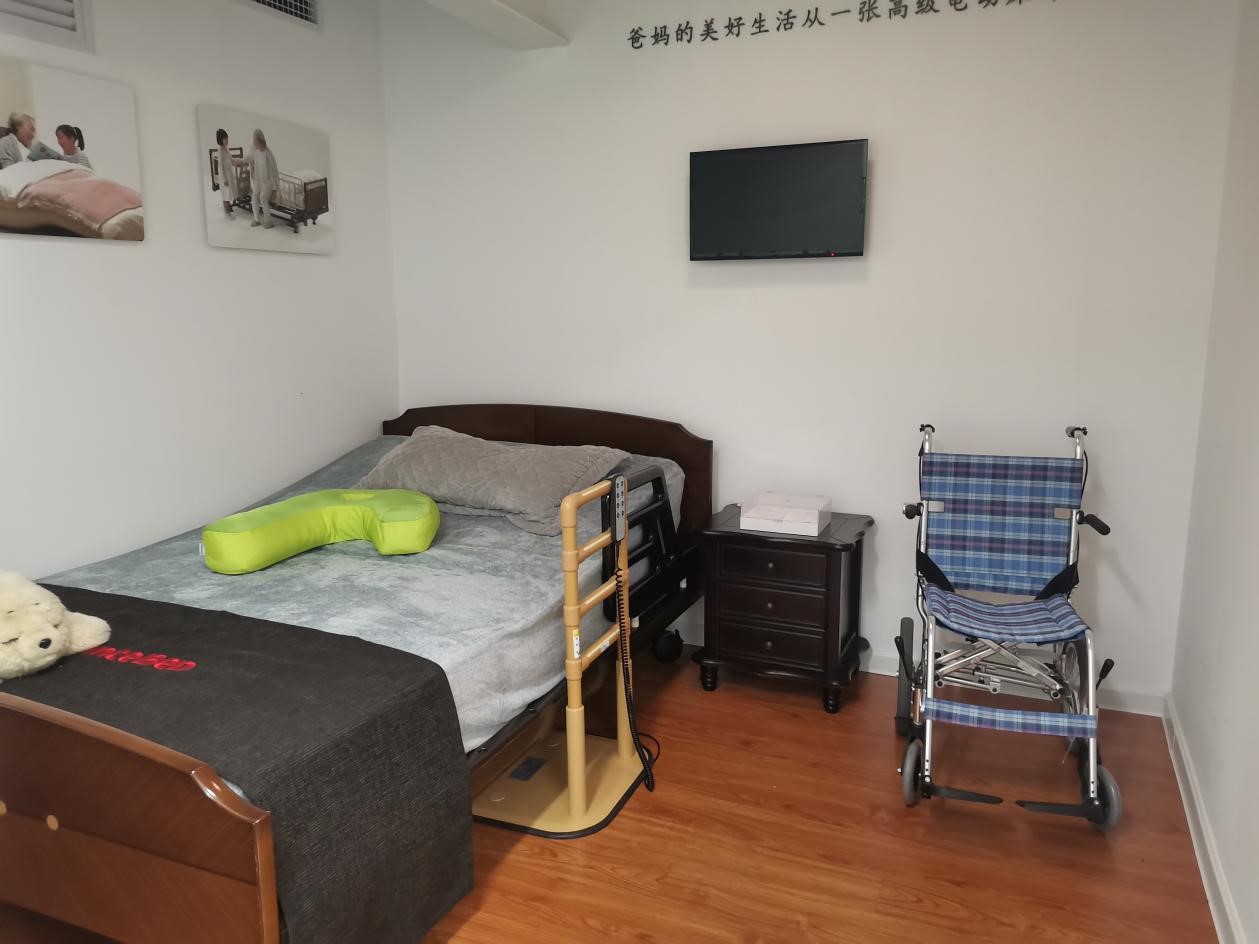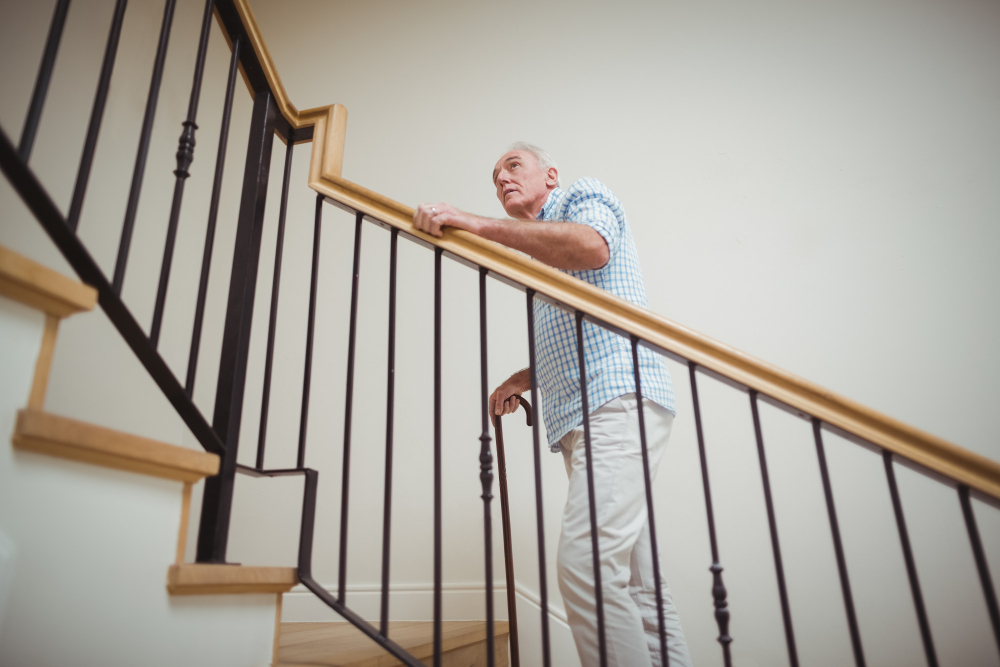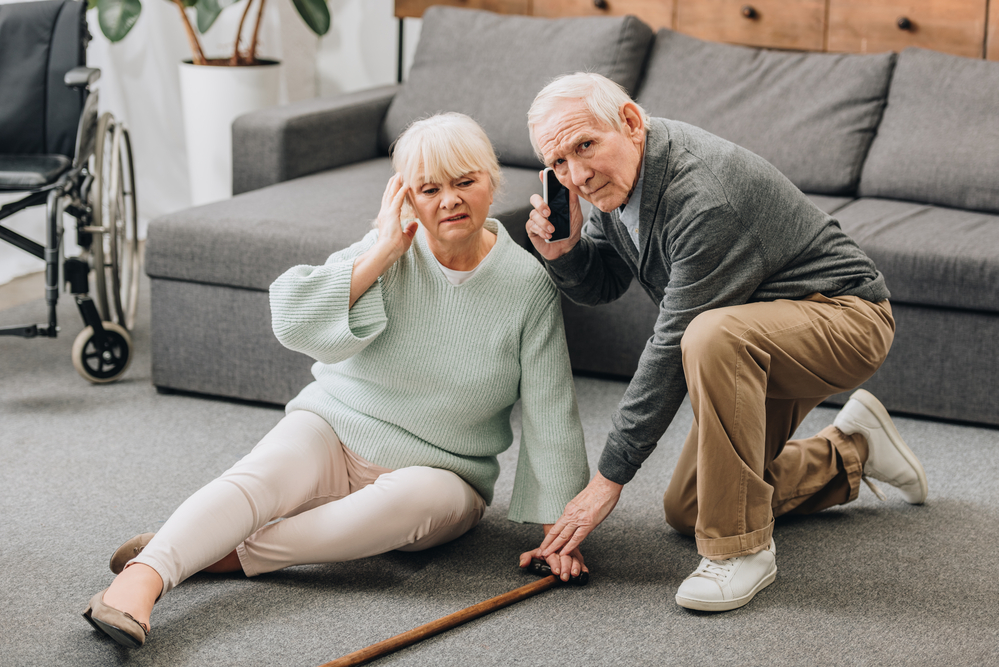In today’s world, technology is revolutionizing how we ensure the safety of our loved ones, particularly the elderly. One remarkable advancement in this realm is fall detection linked to 911 services. This cutting-edge technology offers a lifeline to those vulnerable to falls, providing peace of mind to family caregivers.
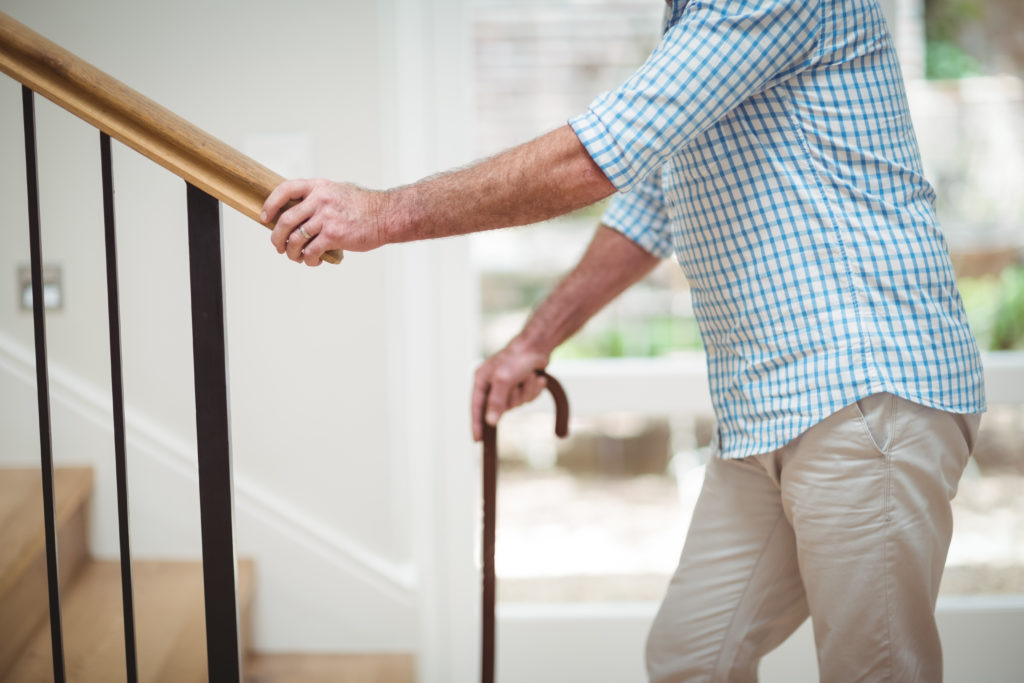
Understanding Fall Detection Systems
Fall detection systems are devices or technologies designed to identify when a person has fallen and subsequently send alerts for assistance. These systems can be integrated with 911 services, enabling immediate response to emergencies, which is crucial for preventing serious injuries.
How Fall Detection Works
Fall detection systems typically use sensors and algorithms to detect sudden movements indicative of a fall. When a fall is detected, an alert is automatically sent to pre-programmed contacts and, in advanced systems, directly to 911 services.
The Role of Technology in Fall Detection
Modern technology, such as IoT sensors, plays a pivotal role in enhancing the accuracy and reliability of fall detection systems. These sensors can monitor various data points, such as movement and orientation, to differentiate between normal activities and falls.
Benefits of Linking Fall Detection to 911 Services
Integrating fall detection with 911 services offers numerous benefits:
Immediate Emergency Response
When a fall is detected, the system can automatically contact 911 services, ensuring that medical assistance is dispatched promptly, reducing the risk of complications from delayed treatment.
Peace of Mind for Family Caregivers
For family caregivers, knowing that their loved ones are protected by a system that can summon help at any time provides immense peace of mind.
Enhanced Safety for the Elderly
Smart elderly care solutions that include fall detection ensure that elderly individuals can maintain a level of independence while having access to emergency assistance when needed.
Challenges and Considerations
False Alarms
One challenge with fall detection systems is the potential for false alarms, which can lead to unnecessary dispatches of emergency services. Continuous advancements in technology aim to reduce these occurrences.
Privacy Concerns
As with any technology, privacy concerns are paramount. Many systems are designed to be privacy-friendly, ensuring that users’ data is protected.
Implementing Fall Detection Systems
Choosing the Right System
When selecting a fall detection system, consider factors such as ease of use, reliability, integration with 911 services, and user reviews.
Installation and Maintenance
Proper installation and regular maintenance are crucial to ensure the system’s effectiveness and longevity.
The Future of Fall Detection Technology
As technology continues to evolve, we can anticipate even more sophisticated fall detection systems that offer enhanced accuracy and integration with a broader range of services.
Integration with Other Technologies
The future may see the integration of fall detection with other technologies such as smart home devices to create a comprehensive safety net for individuals at risk.
Advancements in AI and Machine Learning
With the advancements in AI and machine learning, future systems may become more adept at distinguishing between different types of falls and normal activities.
Conclusion
Fall detection linked to 911 services is a groundbreaking advancement in safety technology that offers significant benefits to the elderly and their caregivers. By providing immediate access to emergency services, these systems enhance safety and provide peace of mind. As technology continues to advance, we can look forward to even more innovative solutions that protect our loved ones.

FAQ
How does fall detection linked to 911 services work?
Fall detection systems use sensors to detect falls and automatically notify 911 services for immediate response.
What are the benefits of fall detection?
Benefits include immediate emergency response, peace of mind for caregivers, and enhanced safety for the elderly.
Are there privacy concerns with these systems?
While privacy concerns exist, many systems are designed to be privacy-friendly, ensuring user data protection.
This article contains affiliate links. We may earn a commission at no extra cost to you.


